Penn GSE News Archive
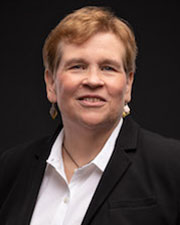
One of these NCAA Tournaments is not like the other
Karen Weaver spoke about gender inequity in the NCAA. “There’s a number of inequitable decisions that have been made in addition to the ones we talked about this year that just haven't drawn the same amount of attention,” she said.

Study: Teaching force grew at more than double the enrollment rate
Richard Ingersoll spoke about how schools and school boards are working to meet demands from parents and lawmakers. “All these demands by parents are very understandable, such as lower class size,” said Ingersoll. “Who wouldn’t want their child to be in a class of 18? And, yes, let’s teach Mandarin and, yes, let’s bring back Latin. There are so many demands but very little recognition of the costs.”
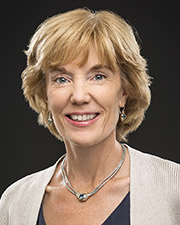
To future academics: We need you to revive democracy
In University World News, Laura Perna and William Tierney write “Academic life, as we have lived it, and as we envision it for you, is about challenging norms and creating a society that foments democracy.”
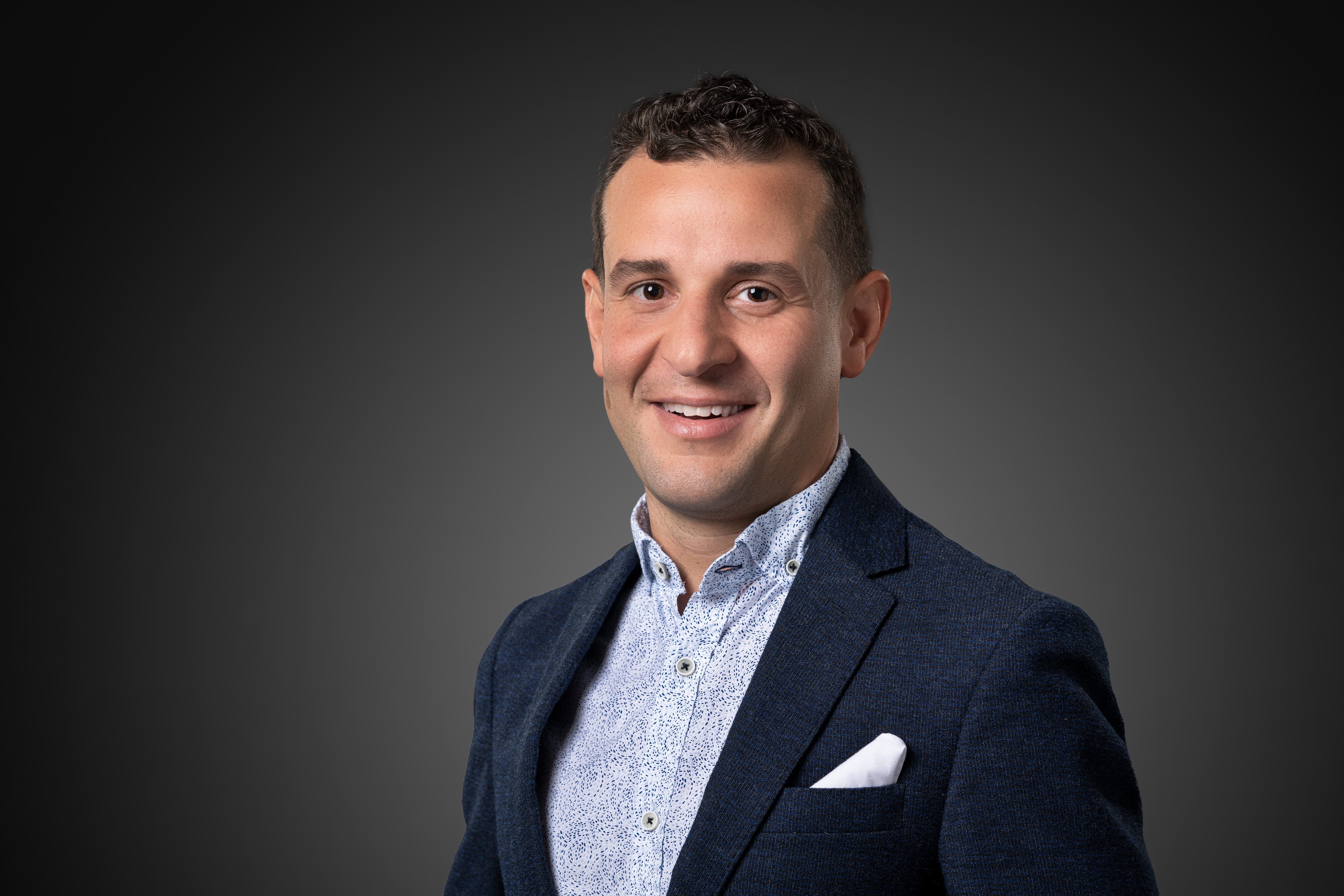
Race on campus: What does ‘Latinx’ mean?
Nelson Flores said that instead of debating whether or not an institution should use the word “Latinx,” people should try to understand why the word is used.
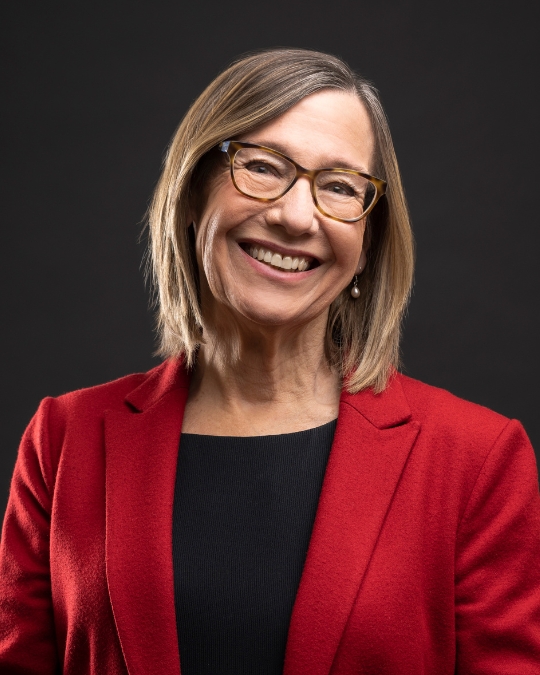
Want to improve learning outcomes? Give students more time
Pam Grossman proposes rethinking schooling to give students more time to learn. “Let’s use the pandemic to rethink how we expand and enrich learning time for children, especially those most impacted by COVID-19-related disruption.”
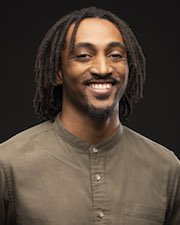
Would student debt cancellation shrink the racial wealth gap?
Jalil Mustaffa Bishop spoke about the impact of student debt on the racial wealth gap. “The thing that was clear to us when we were talking to Black borrowers across degree-levels and across income-levels was that student debt was consistently described as a burden,” he said.

The Delaware College Scholars Podcast: Dr. Laura Perna
Laura Perna talks about her research, issues of college access, affordability and success for first-generation, under-resourced students and why she has dedicated her life to this specific research.
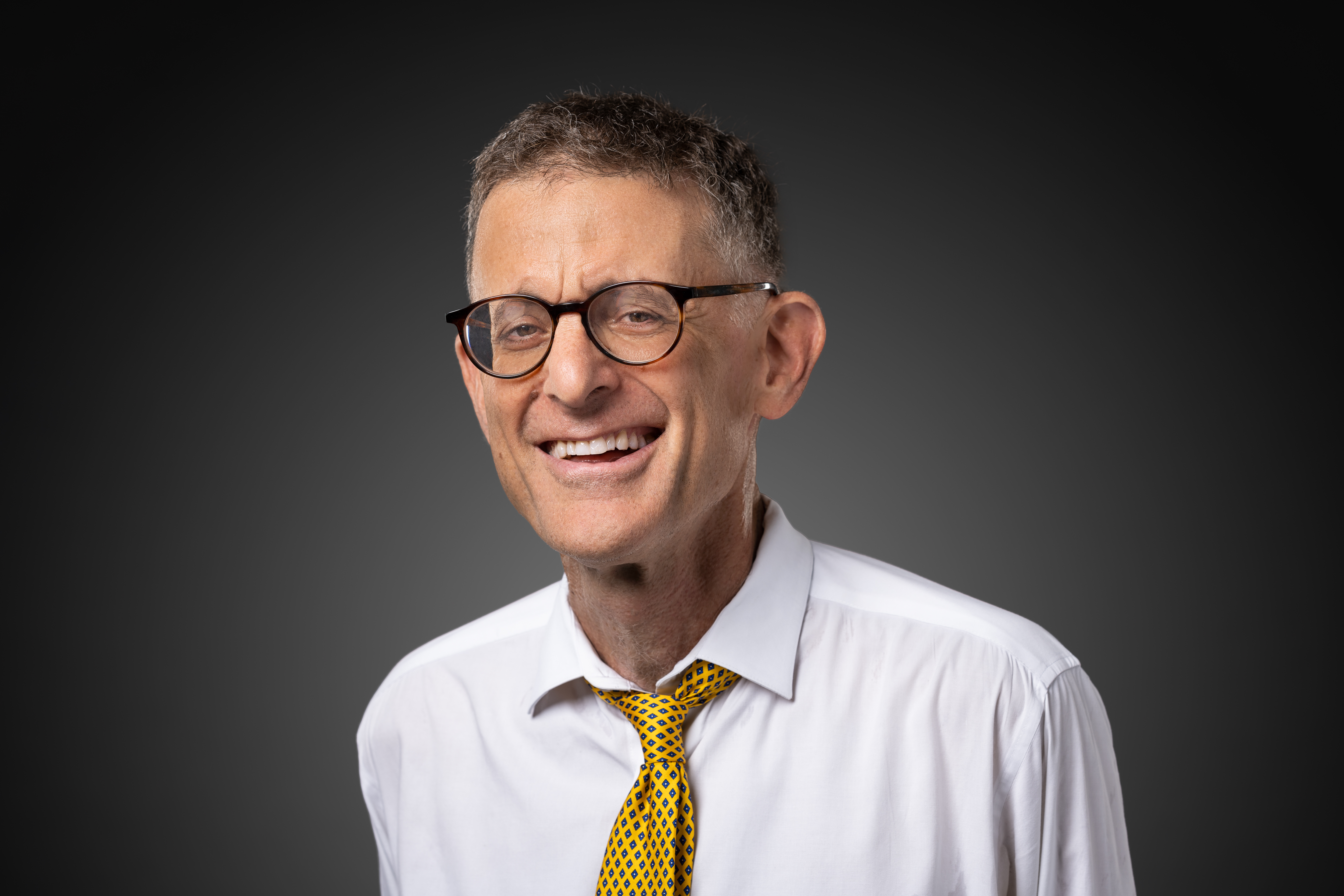
The History Wars
Jonathan Zimmerman talks about his latest book and the state of education in the U.S. In addition to failing to teach people how to distinguish information from disinformation, the education system hasn’t taught them to engage across differences, Zimmerman says. “The only institution that has even a chance of intervening in that,” he says, “is a school.”

Setting the Bar Higher
Richard Ingersoll said that admission standards for elementary teaching programs are already low, certainly compared to other professions such as medicine and law. The solution presented to address shortages in the national teacher workforce has been to “widen the gate and lower the bar,” but lowering academic standards “any further doesn’t make much sense,” Ingersoll said.
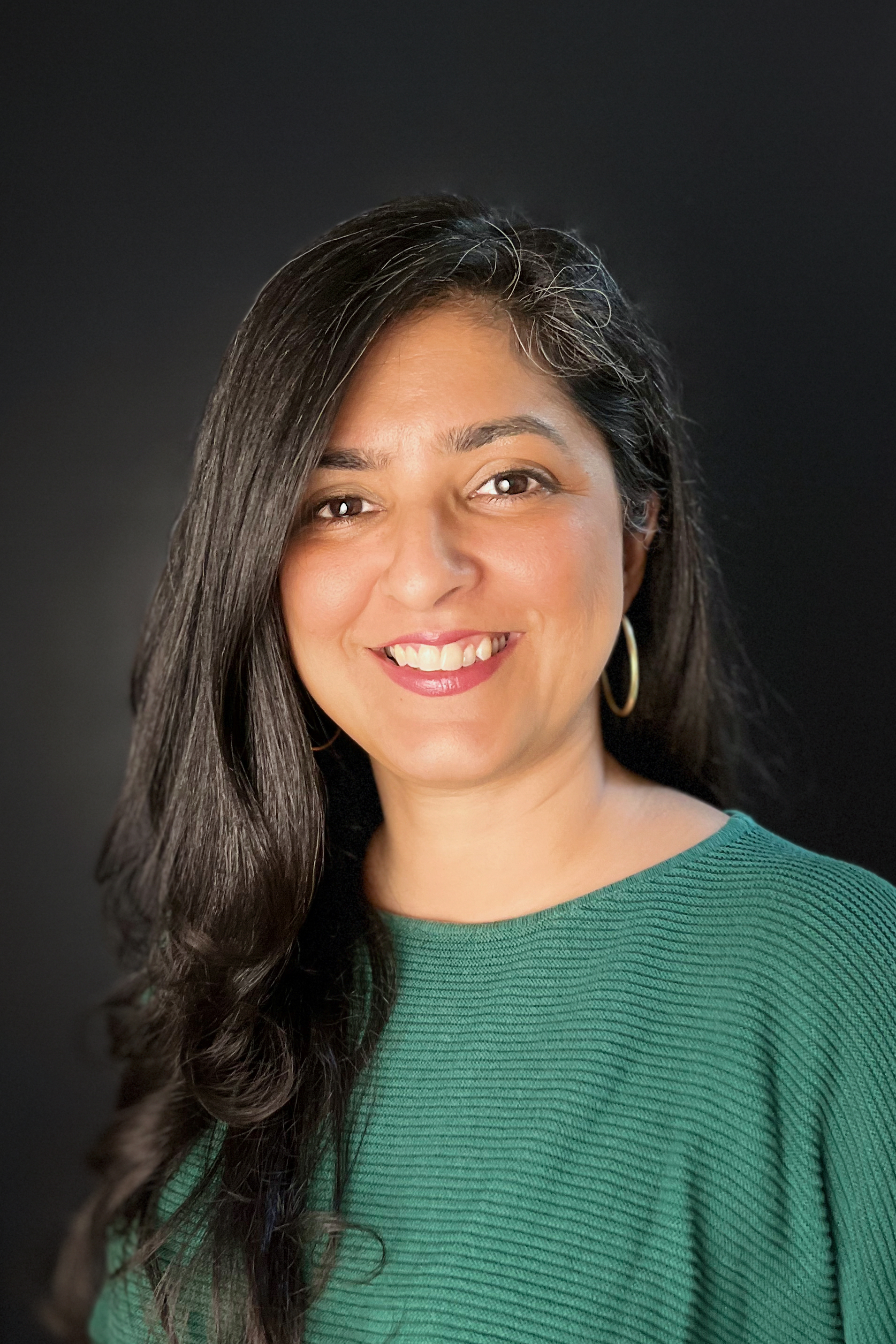
The Redemption of Mohammed Khalid
Ameena Ghaffar Kucher interviewed Pakistani American students in New York and observed that they transformed “the negative experience of being ostracized into a positive experience of solidarity and group membership with other Muslims, both in their immediate community and globally.”

"We need to fundamentally rethink and abandon student loans as a way to fund higher education as a public good.”
Jalil Mustaffa Bishop says cancelling student debt should be a priority for the Biden administration.
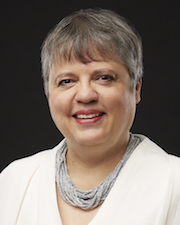
Virtual Virus Helps Students Cope with COVID-19
Yasmin Kafai and professors across several departments at Utah State University have partnered to create an imaginary virus, allowing students to virtually explore many aspects of living in a pandemic. Children can play in this risk-free environment with more control than they often have in the real world.

Opinion: When students stumble, colleges should turn to restorative justice before expulsion
Jonathan Zimmerman discusses a trend across higher education, where we’re relying on draconian penalties — especially suspensions — to discipline our students instead of working with them to help them get better.

On His First Day in White House, Biden Dissolves Trump’s 1776 Commission on U.S. History
Jonathan Zimmerman told The 74 that the sometimes vituperative arguments about American ideals and history held a vital place in K-12 classrooms.
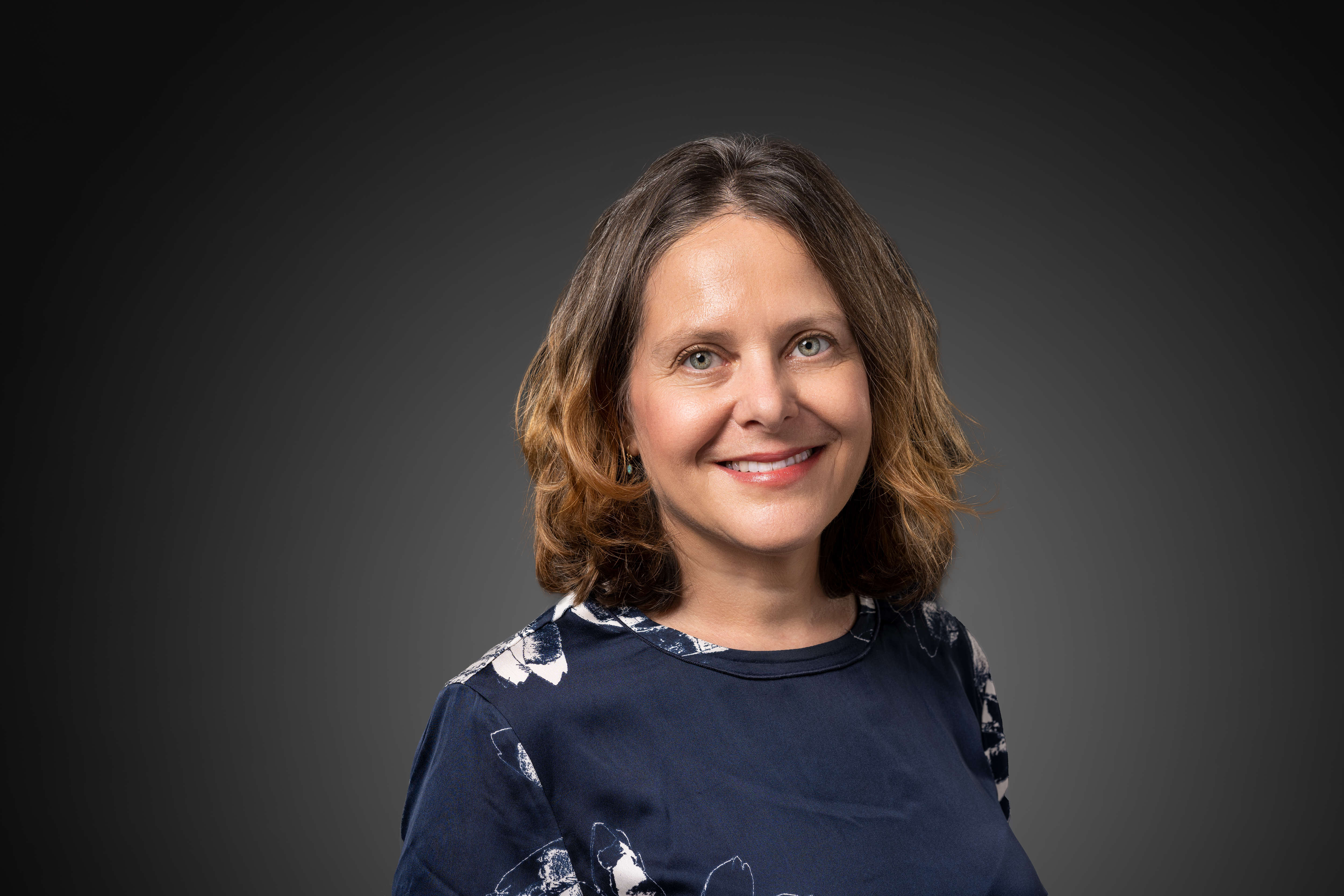
5 Ways to Discuss the Capitol Riot with Your Students
Sigal Ben-Porath describes, “It was a very disturbing and significant moment in American history, so most students will be needing a place to consider it outside their families, and they don't have peer groups right now for the most part because of the pandemic.”

The thorny issues of free speech on campus
Sigal Ben-Porath joins host Jay Shapiro to explore what protections universities owe their students.
